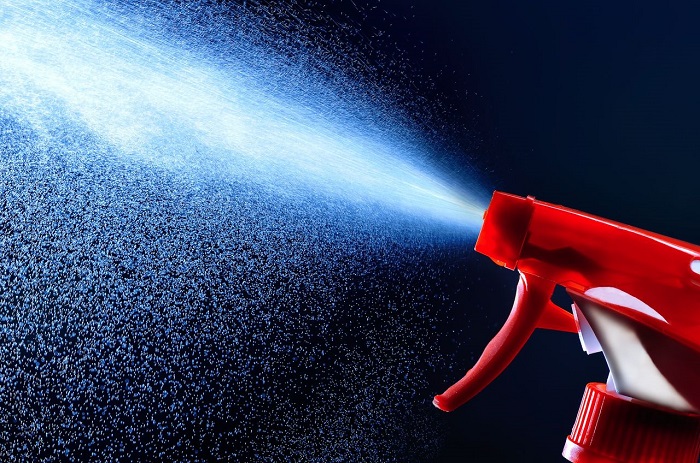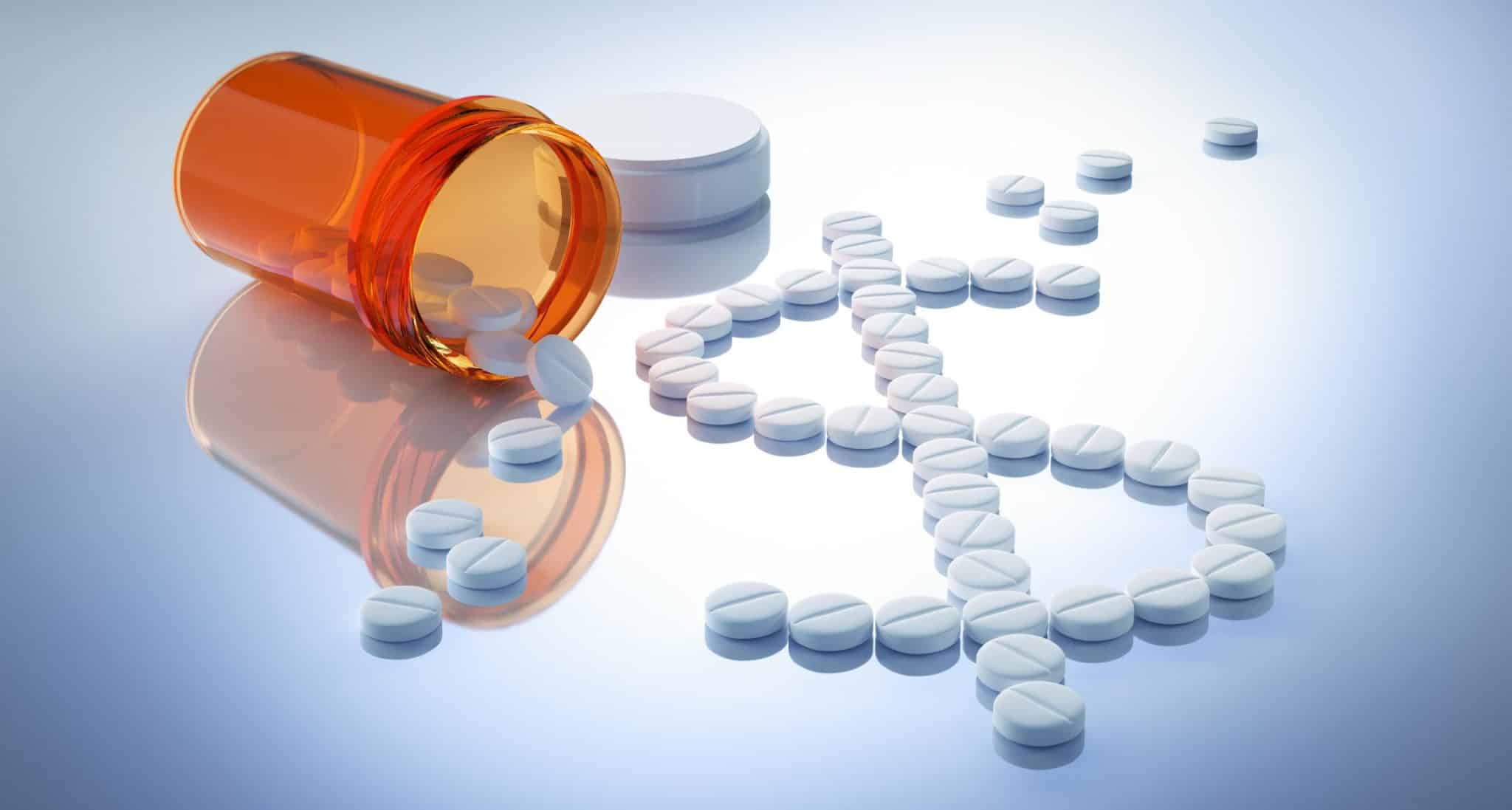If you are like most people, you have a vast array of great-smelling cleaning products under your sink that carry with them claims of great efficacy for keeping your home looking and smelling its best.
However, if the truth is told, the majority of these cleaning products are laced with highly dangerous chemicals, many that have little or no safety data available. These chemicals may significantly impact not only your health but also the environment.
The Environmental Working Group researched more than 2,000 common cleaning products and discovered that information about ingredients is hidden from consumers. The result is an unregulated industry and hundreds of potentially harmful cleaning products on store shelves.
Cleaning products are not required by federal law to list ingredients. This means that manufacturers can sneak in harsh cleaning chemicals regardless of their impact on health. Some of these cleaners can trigger skin problems, reproductive problems, hormone disruption, asthma or even cancer. Without full disclosure on the label, consumers have no idea what they are buying.
Learn 1,000+ Secrets For A Healthier, Safer Off-Grid Life!
Here are a few of the ingredients lurking in your products:
Phthalates: These are found in fragrances and products such as dish soap, toilet paper and air fresheners. These chemicals have been found to cause low sperm counts in men.
Perchloroethylene (PERC): These chemicals are found in spot cleaners, carpet and upholstery cleaners and dry-cleaning solutions. PERC is a known neurotoxin and is classified by the Environmental Protection Agency as a “possible carcinogen.”
Triclosan: This chemical is found in most dishwashing detergents, some toothpastes and also hand soaps that are labeled “antibacterial.” Research has shown that triclosan can alter hormone regulation in animals, contribute to the development of antibiotic-resistant germs and harm the immune system. Even a very small amount of this dangerous compound can be absorbed through the skin.
Story continues below video
2-Butoxyethanol: Window and multipurpose cleaners contain this chemical that is known as powerful “glycol ether.” The Environmental Protection Agency notes that this chemical may cause sore throats while higher levels may cause narcosis, pulmonary edema, liver and kidney damage. You are at particular risk if you clean in an unventilated bathroom or small area.
Natural Disinfectants
If you are looking for a way to clean that is non-toxic but still effective, there is hope! Here are four all-natural cleaners you should try this year:
1. Vinegar. Vinegar is a powerful, natural disinfectant that has antimicrobial properties. Research shows that vinegar, when used in combination with salt or hydrogen peroxide, can even halt the growth of some strains of E. coli. Also, vinegar is a highly effective mold killer and won’t hurt the environment or your lungs like chlorine bleach.
Discover 150 Super-Easy Herbal Formulas for Green Cleaning…
2. Tea tree oil. Tea tree oil is known to be a powerful force against antibiotic-resistant bacteria. It will kill E. coli, salmonella, shigella and staphylococcus. To make an effective disinfectant, mix two cups of water, half a teaspoon of liquid soap, two tablespoons of white vinegar and 20 drops of tea tree oil.
3. Neem oil. Neem oil, from the seeds of a tree native to India, is a powerful sanitizer, insect repellent and all-over cleaner. To make a potent cleaner, mix a little oil in a vegetable-based liquid soap like Castile. All you need is a few drops of this all-natural cleaner to clean your counters and other solid surface tops.
4. Grapefruit seed extract. Herbal scholar and author Stephen Harrod Buhner states that grapefruit seed extract is a more powerful disinfectant than standard hospital preparations. It can tackle Haemophilus influenza which causes sinusitis, meningitis and ear infections. Create a potent solution by mixing 40 drops of the extract with one quart of water. Shake well before each use.
So, this year, before you throw away your money on toxic brews with powerful claims to leave your home sparkling clean, consider a few of these easy-to-make and inexpensive disinfectant alternatives.
What all-natural cleaners would you add to this list? Share your thoughts in the section below:
Harness The Power Of Nature’s Most Remarkable Healer: Vinegar











